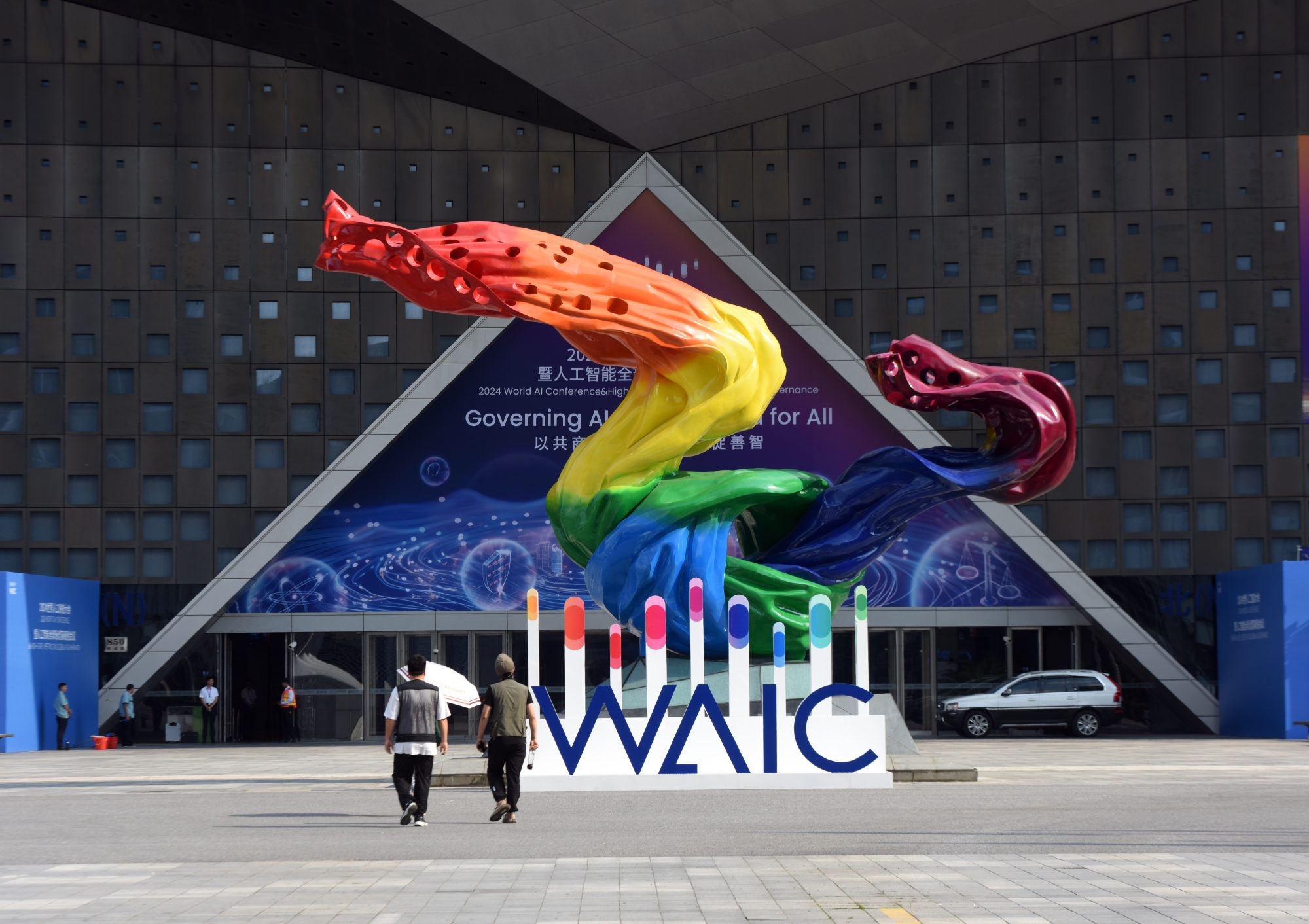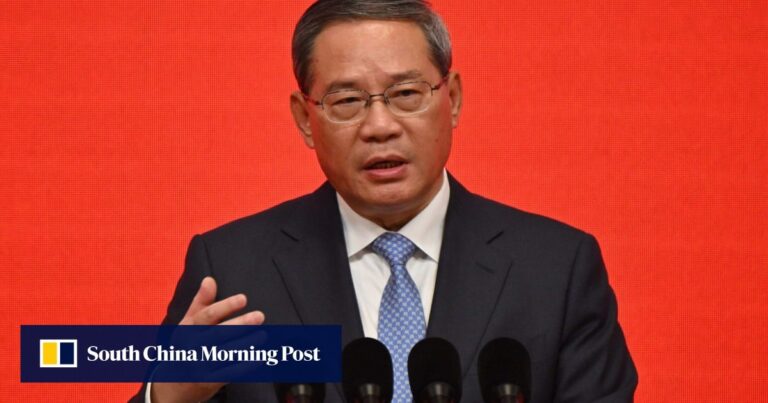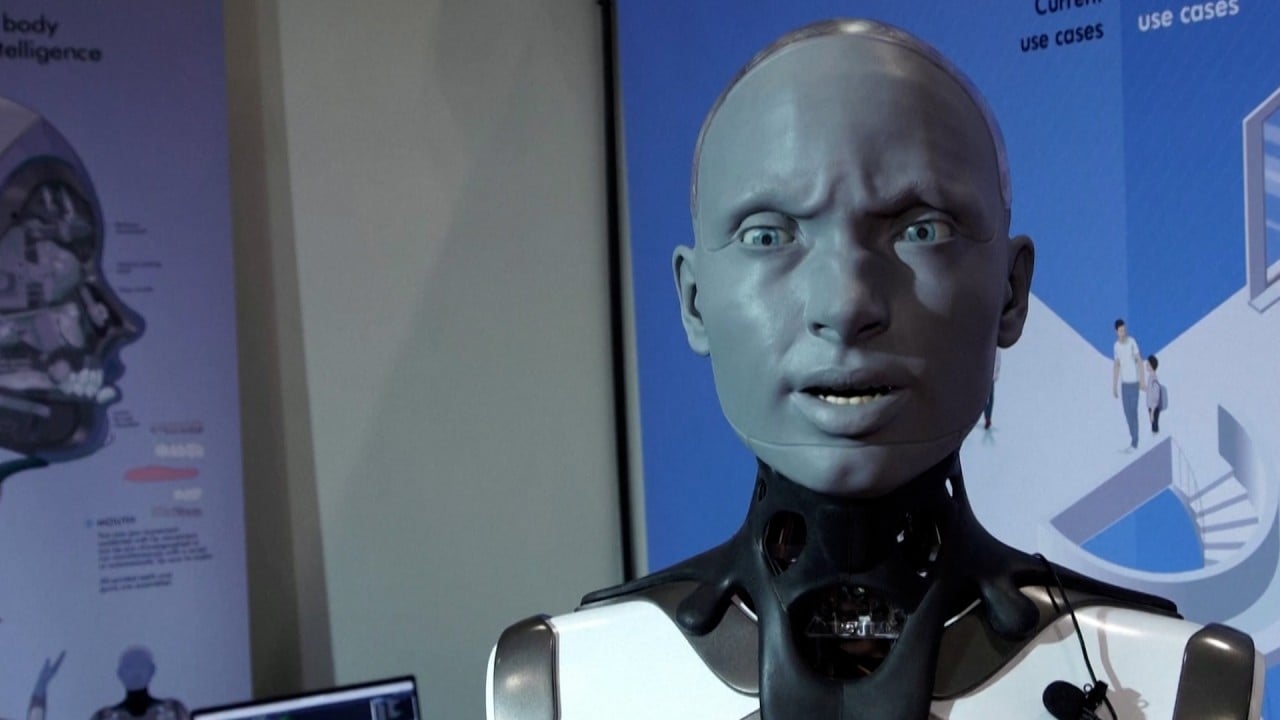“Artificial intelligence is the common property of mankind,” he said. “The Chinese people have always believed that true development means all developing together.”

The non-binding resolution, co-sponsored by more than 140 countries including the United States, also called for international cooperation to help developing countries facing “unique challenges” and “ensure that they are not left further behind.”
Li said Thursday that the resolution reflected “China’s responsible attitude toward the development and management of artificial intelligence.”
“A piecemeal approach to AI and digital technologies serves no one’s interests,” China’s permanent representative to the United Nations, Fu Song, said at the UN General Assembly on Monday.
“The unanimous adoption of the resolution indicates the broad consensus among member states in strengthening global AI governance through dialogue and cooperation, and fully demonstrates China’s responsible attitude and leading role in AI development and governance.”
In his speech at the Shanghai conference, Li also warned of the challenges posed by AI, and urged countries to deepen cooperation on AI governance and promote the establishment of an “international mechanism in which everyone can participate” and “standard norms based on broad consensus.”
“The risks posed by artificial intelligence are our common challenge. No country can face it independently,” he said.
Given the rapid development of emerging technologies, countries need to ensure they are “safe, reliable and controllable,” Li said.
He said China was an “important force” in the global development of AI and had contributed “practical experience” to the global governance of AI.
“The development of AI is a great opportunity for the world, but it is also a major global challenge. It is urgent for countries to hold in-depth discussions, reach consensus, seize the opportunities and overcome the challenges together,” he said.
“China is willing to work with all countries to promote AI so as to contribute to global development, enhance human well-being, and jointly advance toward a better intelligent future.”
“Developing artificial intelligence is like setting sail on the vast ocean. The view before us is exciting, but we will inevitably encounter storms along the way. If we stay on course, work together and help each other, we will surely get to a better place,” he added.
The UN resolution adopted on Monday follows a US-led resolution adopted in March that encouraged countries to protect human rights, secure personal data and monitor potential risks from AI.
This comes as Beijing seeks to play a leading role in global AI governance, with previous calls focusing on giving developing countries a greater voice.
Speakers at the three-day Shanghai forum will include Baidu co-founder, chairman and CEO Li Yanhong and Ant Group chairman and CEO Eric Jing.
Earlier, Chinese Foreign Ministry spokesman Mao Ning said Beijing hoped to exchange views at the meeting and “reach a consensus and promote the healthy, safe and orderly development of AI.”
“The rapid development of AI technology in recent years has brought enormous socio-economic benefits, but at the same time also many risks and challenges. Global AI governance has become a major challenge for all countries,” she said.
“China advocates the principles of broad participation and consensus-based decision-making in global AI governance, and promotes broad international consensus while fully respecting the differences in policies and practices of all countries.”


